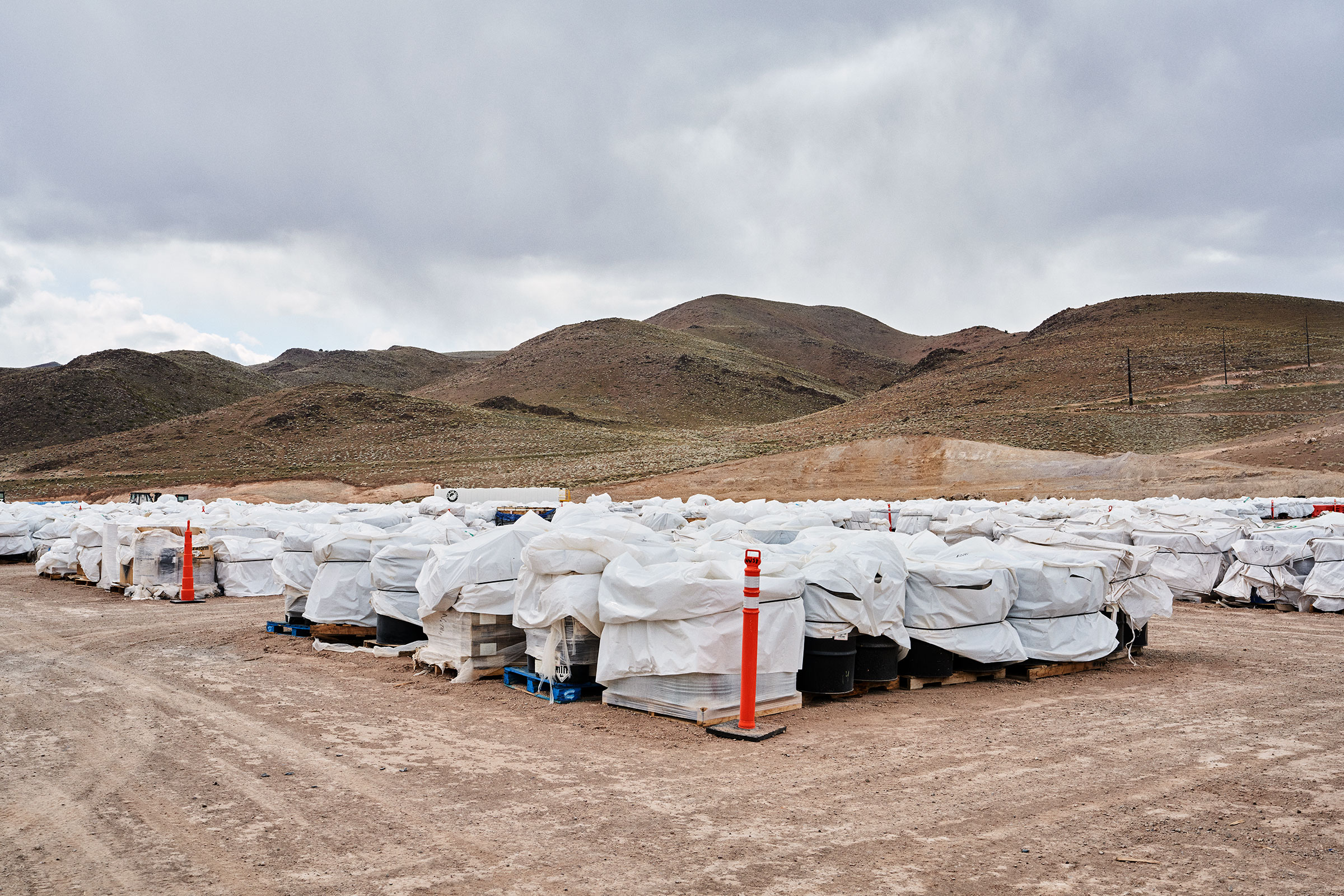
For many of us, Davos 2020 will forever be associated with the first time we began to take in the potential scope of the mysterious virus that had infected what was then, by official counts, a few hundred people. The World Health Organization had just announced it would convene an expert panel to determine whether the virus should be declared a “public-health emergency of international concern.” Public-health experts and pharmaceutical leaders gathered on the sidelines of the Congress Center to assess early reports of infection rates and theories about how the virus was being transmitted.
As our own delegation arrived in Davos, TIME senior correspondent Charlie Campbell was traveling to report on the story from Wuhan, China, where upon arrival he was repeatedly threatened with arrest while observing the scene. A police officer at the market that was considered ground zero in the outbreak noted that “analysis” was under way. But the takeaway was already clear: our very connectedness had become a global threat.
Two and a half years later, we connect in person again with the world facing a new threat—and much of it aligned against a common foe. The invasion of Ukraine has led the World Economic Forum—traditionally, in its focus on dialogue, averse to such declarations—to come closer than ever to taking a geopolitical position, with the banning of Russian companies and officials from Davos this year. “With the current approach, I don’t see any kind of potential rapprochement in the years to come, unfortunately,” WEF’s president Borge Brende notes in this issue.
A weekly newsletter featuring conversations with the world’s top CEOs, managers, and founders. Join the Leadership Brief
A crisis is a terrible thing to waste, and yet the world’s track record over the past few years is not encouraging. The increase in global carbon emissions, of over 2 billion tons in 2021, was the largest on record, easily wiping out the declines seen in 2020 amid pandemic lockdowns. Inequality, staggering even before the pandemic, has grown deeper. Global poverty increased for the first time in 20 years. The number of people considered “severely food insecure” has doubled to 276 million. Even the preventative lessons of the pandemic itself seem to have been lost: while 80% of people in high-income countries are vaccinated, only 16% of those in low-income countries have gotten a shot, according to Oxford University’s Our World in Data.
It is incumbent on all of us to push forward, and a powerful array of voices in this special issue offer pathways. Andriy Yermak, head of President Volodymyr Zelensky’s office in Ukraine, writes that the war shows the need for a radically revised vision of international cooperation. TIME columnist Ian Bremmer, in an excerpt from his new book, The Power of Crisis, argues there have been real breakthroughs in global collaboration during the pandemic, from vaccine science to central banking, and sees hope for the same around the looming climate emergency. Rachel Kyte, dean of the Fletcher School at Tufts University, urges us to keep equity in mind as we face a future of extreme heat, and Intel CEO Pat Gelsinger writes about the investments we need to make now to reach the potential of the digital age.
Ecopreneurs—innovators taking risks to address climate change—are also critical to the planet’s future, and TIME’s Alejandro de la Garza profiles a truly remarkable one: JB Straubel, who helped launch the age of electric vehicles as a Tesla co-founder and whose Redwood Materials has become one of the world’s largest recyclers of essential EV battery components. Contributor Lisa Abend, executive editor Naina Bajekal, and senior correspondent Simon Shuster interview newly elected Chancellor Olaf Scholz about the course he’s charting for Germany amid the Russian invasion he calls a Zeitenwende, an epoch-changing event.
This spring’s meeting at Davos asks us to consider the theme of “History at a Turning Point.” And yet it has not always been easy to spot turning points until after they happen, or to know what the “after” portends. The people and stories in this issue remind us that the answer is not at all predetermined, that we have the power to shape it—and the responsibility to ask the hard questions about how we will get there.
More Must-Reads from TIME
- Donald Trump Is TIME's 2024 Person of the Year
- Why We Chose Trump as Person of the Year
- Is Intermittent Fasting Good or Bad for You?
- The 100 Must-Read Books of 2024
- The 20 Best Christmas TV Episodes
- Column: If Optimism Feels Ridiculous Now, Try Hope
- The Future of Climate Action Is Trade Policy
- Merle Bombardieri Is Helping People Make the Baby Decision
Contact us at letters@time.com